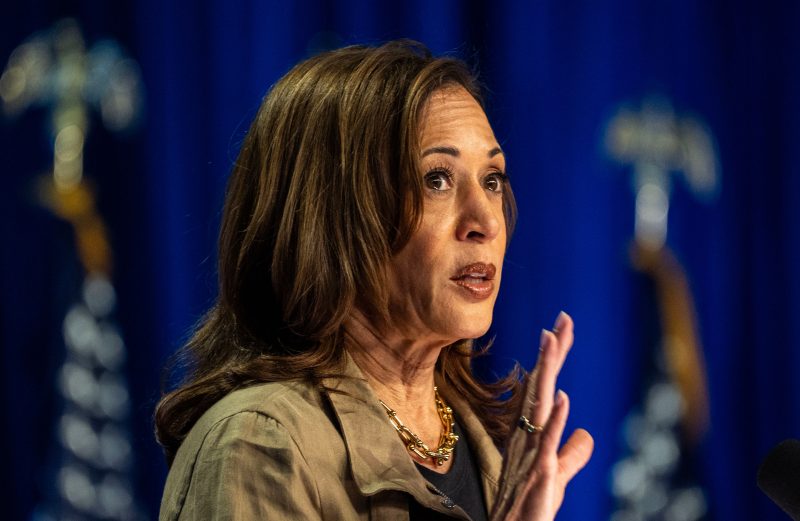In the realm of economic policy and border security, Vice President Kamala Harris and former President Donald Trump have exhibited stark contrasts in their approaches. These differences in ideology and strategy can have significant implications for the future of the United States.
On the economic front, Kamala Harris has emphasized the importance of investing in infrastructure, renewable energy, and education as key drivers of economic growth. Her focus on promoting sustainable industries and addressing income inequality reflects a progressive agenda aimed at ensuring a more equitable economy for all Americans. In contrast, Donald Trump’s economic policies during his presidency leaned towards deregulation, tax cuts for corporations, and a protectionist stance on trade. His America First agenda sought to boost domestic industries and jobs, but critics argued that it disproportionately benefited the wealthy and exacerbated income inequality.
The clash between Harris’s emphasis on long-term sustainability and Trump’s focus on short-term gains highlights a fundamental divide in economic philosophy. While Harris advocates for policies that align with the goals of combating climate change and promoting social justice, Trump’s approach prioritized rapid economic growth and the protection of traditional industries.
On the issue of border security, the contrasting views of Harris and Trump are equally pronounced. Vice President Harris has emphasized the importance of addressing the root causes of migration, such as poverty, violence, and corruption in sending countries. Her approach centers on diplomacy, aid, and collaboration with international partners to create more stable and prosperous conditions in the regions that drive migration. In contrast, Donald Trump’s administration was known for its hardline immigration policies, including the construction of a border wall, the implementation of travel bans, and the separation of families at the border. His America First rhetoric often portrayed immigrants as a threat to national security and American jobs.
The divergence in approaches to border security reflects a broader debate over the role of immigration in American society. While Harris emphasizes compassion, human rights, and global cooperation, Trump’s approach prioritizes national sovereignty, security, and economic protectionism. The two visions of border security symbolize competing narratives about America’s identity as a nation of immigrants and a land of opportunity.
As the United States grapples with economic recovery and border challenges, the differing perspectives of Kamala Harris and Donald Trump will continue to shape the policy landscape. The choices made in these crucial areas will not only impact the immediate future but also set the course for long-term prosperity, security, and social cohesion in the country. Ultimately, the contrasting visions of these leaders offer voters a clear choice in determining the direction of the nation’s economy and border policies.

